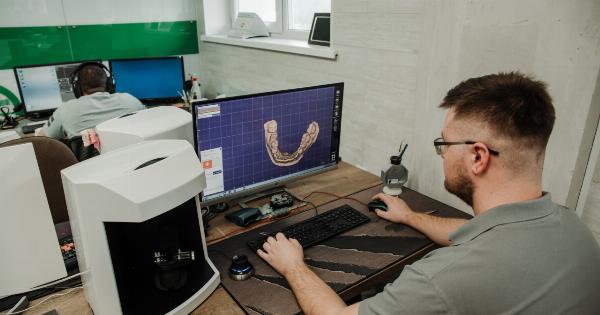Advancements in science and technology have led to remarkable milestones in various fields, from medicine to space exploration. These advancements have also ignited discussions about the ethical implications of certain scientific breakthroughs.
One such topic that is constantly debated is the idea of customizing one’s own child. Could it be possible to tailor specific traits and characteristics in offspring? While this may sound like something out of a science fiction film, recent scientific developments have raised the question: would you like to customize your own child?.
The Concept of Customizing Children
The concept of customizing children refers to the ability to select specific traits and characteristics in the process of reproduction, allowing parents to determine certain aspects of their child’s physical and mental makeup.
This notion has gained attention due to advancements in genetic engineering, especially with the emergence of technologies like CRISPR-Cas9, which enable precise gene editing.
Imagine a world where parents can choose traits such as eye color, height, intelligence, and even certain capabilities like musical talent or athletic prowess for their future child.
This possibility raises several ethical, moral, and practical questions. Would customizing children lead to a better society or exacerbate existing inequalities and divisions? Let’s explore some of the arguments for and against this controversial concept.
The Pros of Customizing Children
1. Personalized Health: One of the most compelling arguments in favor of customizing children is the potential to eliminate genetic disorders and diseases.
By identifying and removing harmful genetic mutations, parents can provide their children with a healthier start in life.
2. Enhanced Abilities: Customizing children could also lead to enhanced abilities and aptitudes.
For example, genetic enhancements could improve intelligence, memory, and physical stamina, potentially creating a society of highly skilled individuals.
3. Tailored Happiness: Advocates argue that allowing parents to customize their children could contribute to their overall happiness.
By selecting desirable traits, parents can potentially enhance their child’s quality of life and increase their chances of success and fulfillment.
4. Meeting Cultural Expectations: In some cultures, there might be immense pressure on individuals to conform to societal standards of beauty, intelligence, or talent.
The ability to customize children may provide an avenue for parents to meet these expectations.
5. Financial Benefits: Customizing children could have financial benefits in the long run.
For instance, genetic enhancements that lead to higher intelligence could potentially result in increased earning potential and economic prosperity.
The Cons of Customizing Children
1. Ethical Concerns: The concept of customizing children raises serious ethical concerns. Critics argue that manipulating the genetic makeup of offspring raises questions about individual freedom, consent, and what it means to be human.
2. Reinforcing Inequalities: Some fear that the ability to customize children would create a society where only the wealthy and privileged have access to these advancements, further exacerbating inequalities and divisions.
3. Loss of Genetic Diversity: By selectively choosing specific traits for their children, there is a risk of losing the natural diversity of the gene pool.
This loss could have unforeseen consequences in terms of adaptability to changing environments.
4. Unintended Consequences: Genetic modifications may have unintended consequences, as the full impact of certain traits on an individual’s life cannot always be accurately predicted.
This uncertainty raises concerns about the potential long-term effects of customization.
5. Stripping Individuality: The uniqueness and individuality of each person are fundamental aspects of human diversity.
Critics argue that customizing children could diminish these qualities and create a society of clones, stripping away the beauty of natural variability.
The Ethical Implications
As with any debate, there are no easy answers when it comes to the concept of customizing children. It raises profound ethical, moral, and practical questions that society must grapple with.
Before such technologies become widely available, careful considerations should be made regarding issues of equality, autonomy, and the potential impact on future generations.
Informed public discourse and ethical frameworks must be established to navigate the challenges posed by these advancements.
The involvement of experts from a variety of fields including genetics, philosophy, sociology, and law is crucial to foster informed decision-making and ensure a fair and equitable future for all.
Conclusion
The idea of customizing one’s own child presents a fascinating but challenging dilemma.
While the benefits of personalized health, enhanced abilities, and tailored happiness may seem appealing, the ethical concerns surrounding the loss of genetic diversity, reinforcement of inequalities, and potential unintended consequences cannot be ignored.
Ultimately, the decision regarding whether to customize children is one that society as a whole must make together, taking into account the diverse opinions, values, and concerns of its members.
Only by engaging in thoughtful and inclusive discussions can we determine the path forward for this complex issue.






























